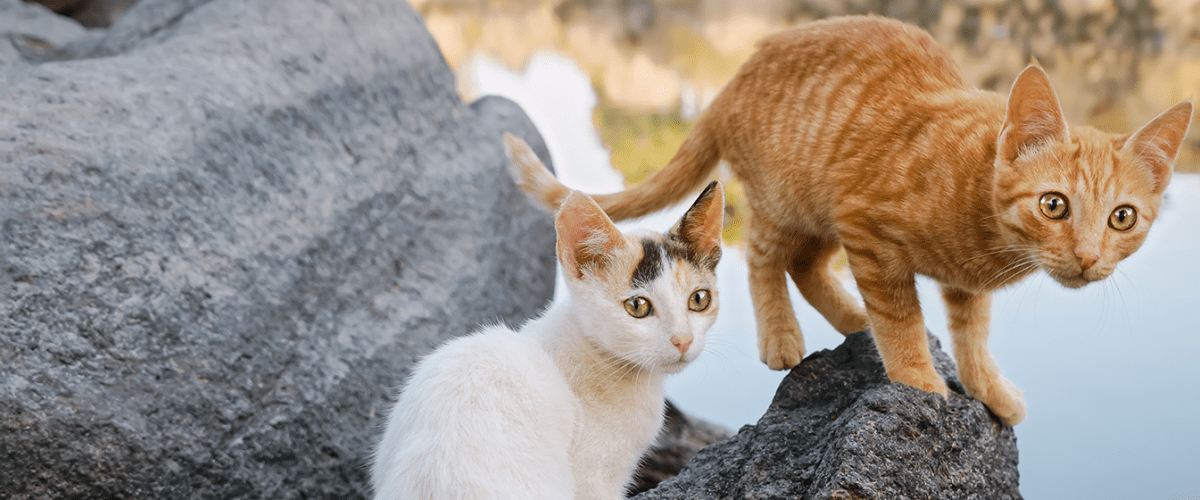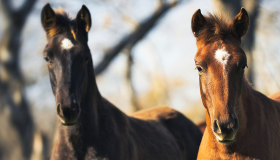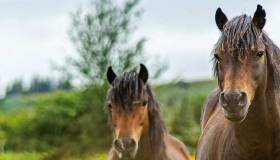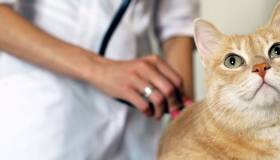
Denver/June 27, 2023 – A recent paper published in the journal VetRecord explored health risks faced by cats and uncovered notable variations in the disease rates between purebred and mixed-breed cats.
Morris Animal Foundation-funded researchers at the University of Guelph in Ontario, Canada, examined data from Agria Pet Insurance Company – the largest pet insurance provider in Sweden. The data encompassed information from insurance policies, insurance claims, as well as breed, age and sex data for about 550,000 cats.
The study revealed that purebred cats compared to domestic cross breeds were more likely to develop diseases in most disease categories. The disease categories where purebreds had the highest relative risk include:
- Female reproductive issues
- Heart disease
- Complications from surgery
- Lower respiratory infections
- Immunological diseases
"This study’s findings provide important insight for cat owners, veterinarians, breeders and researchers, offering a comparative look at disease patterns in purebred cats versus mixed-breed cats," said Dr. Barr Hadar, one of the paper’s authors and a researcher involved in the study. "Information on feline disease frequency and risk is a valuable tool that can help guide clinical decision-making, assist in monitoring and planning of breeding programs, educate cat owners and prioritize research. A more granular look into specific causes of morbidity would be beneficial."
Surprisingly, the study also found that domestic crossbred cats were more likely to develop endocrine, skin and mobility issues than purebred cats.
“One of the potential explanations for this finding is that domestic cats might have greater access to the outdoors, leading to more injuries, skin and locomotive issues because they’re outside jumping and running around,” Hadar added.
He went on to say that other studies also have shown that certain purebred cats are at lower risk of hyperthyroidism and diabetes mellitus – the two main causes of endocrine disease in cats.
The team is currently analyzing the insurance dataset to develop predictive models, with the aim of implementing them in a clinical setting to forecast the likelihood of specific diseases in cats.
About Morris Animal Foundation
Morris Animal Foundation’s mission is to bridge science and resources to advance the health of animals. Founded in 1948 and headquartered in Denver, it is one of the largest nonprofit animal health research organizations in the world, funding more than $149 million in nearly 3,000 critical studies across a broad range of species. Learn more at morrisanimalfoundation.org.
Media Contact: Annie Mehl




